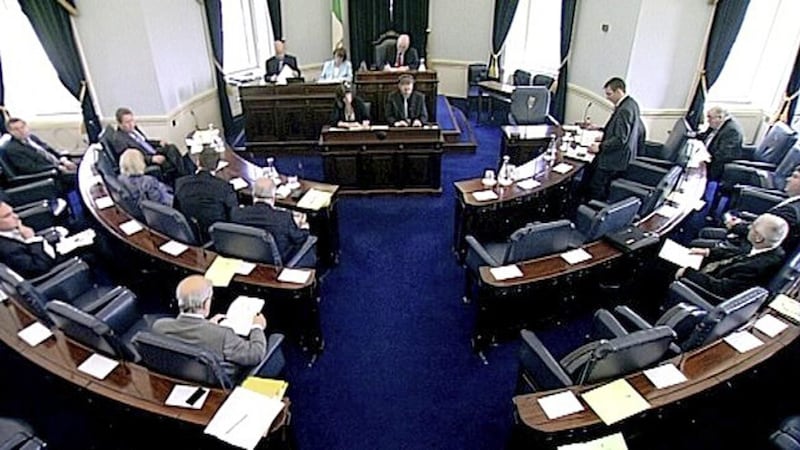Reports that children as young as seven were involved in last year’s riots and public disorder caused a predictable public outcry. How could this happen? Who can we blame?
Yet there was surprisingly little debate on how the justice system in the north is failing children by setting the Minimum Age of Criminal Responsibility [MACR] too low.
MACR is the lowest age at which a child is deemed to have the capacity to commit a criminal offence.
In Northern Ireland, England and Wales it is just 10 years old. This represents one of the lowest ages of criminal responsibility in the world and the lowest in Europe. In some countries such as Norway, Sweden and Portugal, it is 15 or 16.
Here, approximately 800 children aged 10 to 15 are referred through the criminal justice system every year – half for offences of violence, the rest for offences against property. On a typical day, there are 11 children aged 10 to 18 in custody, all at the Woodlands juvenile justice centre in Bangor.
The UN Committee on the Rights of the Child recommend that the minimum age of criminal responsibility should be 16. This is based on an overwhelming body of evidence that highlights the harm associated with coming into contact with the criminal justice system at a young age.

In our justice system, a 10-year-old child is considered as indistinguishable from an adult when being charged and tried for criminal offences.
Children are thought not to be responsible enough to buy a lottery ticket until their 16th birthday, they can’t drive a car until they are 17 and need to wait until they are 18 to vote, serve on a jury or buy alcohol. However, it is apparently appropriate to hold 10-year-old children criminally responsible.
By criminalising at the age of 10, young people may develop a “criminal identity”. Trapping children in the criminal justice system is not a deterrent and can increase crime. Most children who offend do so for minor offences and rarely pose a risk of harm to others.
Scientific advances indicate that the age of 10 is too low, and that children will not understand the full consequences of their actions until later in their development.
Historically there was a consensus that the most critical years of childhood brain development were the first eight, and after this there was relatively limited development. Current thinking suggests that there is a second crucial period that starts at puberty and may continue into the twenties.
Developmental immaturity has particular implications for behaviours and actions. With this in mind, it can be argued that children are not capable of fully understanding the implications of their behaviour or know how to regulate it.
Children who encounter the criminal justice system have complex needs which are often poorly understood. Typically, they are at-risk, raised in the most challenging home and social environments.
This is not left-wing, liberal, namby-pamby, hand-wringing wokeism but based on compelling evidence. Children and young people in the criminal justice system are disproportionately associated with family breakdown, poverty, addiction, poor mental health and abusive behaviours.
Further punitive measures are not the answer and will only serve to exacerbate the issues. It is very easy to sit in the comfort of your own home and say “All they need is a kick up the backside” or “I blame social media, it wasn’t like this in my day”.
How many of the children involved in the disorder last summer wandered down from the leafy suburbs? None, I’d say. This is not an excuse or justification, just a fact.

Having a criminal record from 10 years old casts a long shadow over a child’s life. It can lead to family instability and negatively impact on opportunities to access education, training and travel. It stigmatises the child and can be associated with poor mental health and a transient lifestyle.
NIACRO’s ‘Off the Record’ campaign highlighted that prevention and early intervention is much more cost effective than criminalising young children. Their early intervention service for children found that care or custodial responses to offending cost at least 30 times more than early intervention targeted as those at risk of criminal activities.
In 2011 the NI Youth Justice Review found that the age of criminal responsibility was not internationally acceptable. It recommended it should be raised with ‘immediate effect’.
Fast forward 10 years later and still no progress had been made. In October 2022 the Department of Justice issued a 12-week public consultation on increasing the minimum age of criminal liability from 10 to 14. In June 2023 it published a summary of responses which revealed over 80% support for a rise.
Children who experience the criminal justice system are amongst the most marginalised and vulnerable in society. Raising the age of criminal responsibility in Northern Ireland is long overdue.
Could 2025 be the year we stop prevaricating and finally do something about it?




